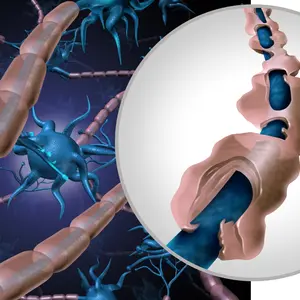

Functional Medicine

Functional Medicine
Could Your Emotions Make You Sick?
The mind-body connection has been pondered for centuries; are the mind and body really connected, and can emotional states contribute to imbalance and disease in the body? Recent research suggests yes.
A large meta-analysis of nearly 300 studies over 30 years indicated that psychological stress was associated with a suppressed immune system, and stress has continued to be linked with immune dysregulation and autoimmune and atopic diseases such as inflammatory bowel disease, allergy, atopic dermatitis, and celiac disease. Some evidence also suggests that stressful events may cause changes in the sympathetic nervous and endocrine systems, which can impair immune function.
A 2018 study of over 100,000 people published in JAMA found that those diagnosed with stress-related disorders were more likely to develop one or more autoimmune diseases. The study found that under stress, the activated autonomic nervous system may play a role in immune function impairment and indirectly promote an inflammatory response.
In a study of five-year-old children, researchers looked at the association between high psychological stress in the family (i.e., serious life events, parenting stress, lack of social support, and parental worries) and immune response and found that psychological stress may cause not only immune suppression but also an imbalance that may contribute to an autoimmune reaction against pancreatic cells. Children in the study who were exposed to psychological stress (especially serious life events) also showed an immune response against diabetes-related autoantigens.
A recent study of stress/depression levels in older patients aged 55-65 found that natural killer cell activity is negatively affected by a depressed state, and proposed that a combination of cognitive behavioral therapy and physical activity might improve patient outcomes.
Stress Reduction Practices
There practices are that can counteract stress and help prevent immune imbalance.
People under stress may turn to unhealthy food, alcohol, and/or cigarette use, as well as have altered sleep. Behavioral changes in lifestyle and diet may help lessen the impact of stress on the body.
Psychological interventions such as cognitive behavioral therapy, mindfulness, relaxation, and mind-body based complementary therapies (e.g., meditation, yoga, tai chi, qigong, guided imagery, and affirmations) have also been found to effectively reduce stress and may improve immune function.
REFERENCES
The Institute for Functional Medicine. (n.d.). Understanding the psychoemotional roots of immune disease. https://www.ifm.org/news-insights/understanding-psychoemotional-roots-immune-disease/



 By
By








